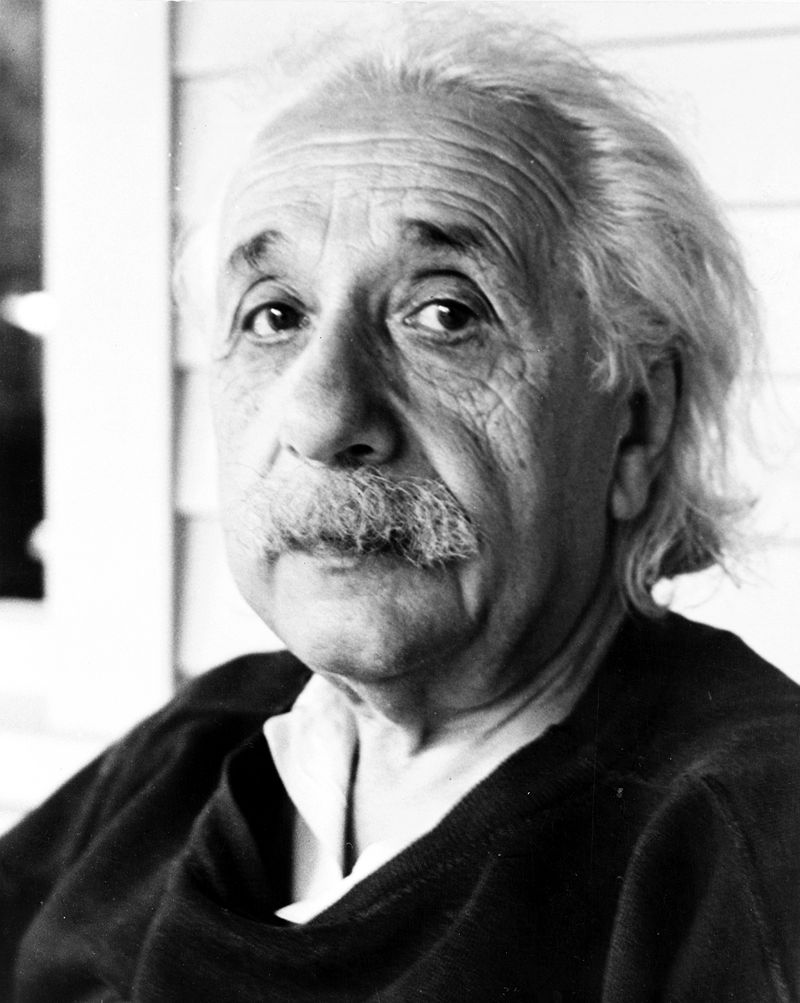 aNewDomain — Without much work, one can find many fanciful estimates of the intelligence of famous humans, living or dead. How smart was Einstein? Was his IQ 160? Or was it in the range of 160 to 190, as others have suggested?
aNewDomain — Without much work, one can find many fanciful estimates of the intelligence of famous humans, living or dead. How smart was Einstein? Was his IQ 160? Or was it in the range of 160 to 190, as others have suggested?
It is impossible to say with any accuracy. Even if I had the living Einstein right in front of me, IQ tests are notoriously biased, and you need to account for errors in measurement.
When we psychologists test your IQ, we don’t give back a number but a range and a confidence index. It’s shaky ground for a hundred reasons, not the least of which involves endemic racism. The thing is, though, that Einstein never took an IQ test.
His score is simply not known, not even in a range. We can guess his ability to abstract, to think in categories, to take the hypothetical seriously must have been extraordinary.
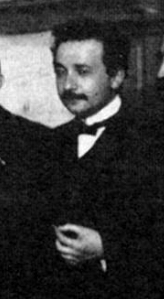 The Albert Einstein IQ issue eludes us.
The Albert Einstein IQ issue eludes us.
Of course, we’d all like it if Einstein were really, really smart. His achievements were so extraordinary that no other explanation seems possible: His mind was different and so his brain was different. Let’s carve up his brain in search of neurological differences.
His brain was unfortunately not preserved in good enough condition to be of much use to science. There are some weak or tentative theories. But psychologically and neurologically, there isn’t much we can say.
Here’s an idea, though: What if Einstein wasn’t that smart?
Okay, fine. He probably was smarter than anyone you’re going to meet at work today. Let’s just take that as a given. But was he smarter than all the other physicists working at the time? Niels Bohr, for example? Or Heisenberg?
Einstein’s first papers were laughed out of physics conferences. His theories of relativity were very provocative and spurred generations of physical observations attempting to falsify them. Were the people telling Einstein he was wrong dumber than Albert Einstein?
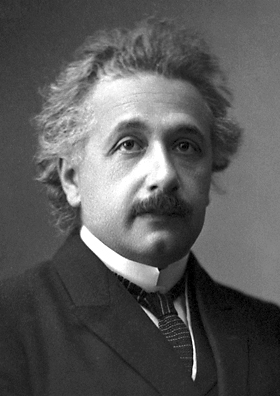 Maybe not.
Maybe not.
Lots of people should be as smart as Einstein.
Statistically, having an IQ of 145 or better is very rare. We’re talking about a tenth of one percent of the population here. Even talking about that 160 number, roughly one person in 3.4 million people should meet or beat that score.
That sounds really rare until you consider this: Earth is home to well over 7 billion people. I won’t say how much over — I mean, what’s 300-400 million people between friends? — because the number is changing even as I’m pounding keys.
Divide 7 billion by 3.4 million. Two thousand and 58 people should be at least as smart as Albert Einstein — if the Einstein IQ is set above 160 — right now.
And physics tends to attract smart, abstracting people.
So, were the naysayers dumb?
Throw a hundred monkeys in a room with a hundred typewriters and, given infinite time, one of them will pound out the complete works of Shakespeare. Well, infinity is a long time (and probably a nonsense concept anyway). But put a bunch of Shakespearean scholars in a room and give them a lifetime … one of them will come close.
Albert Einstein, like Newton before him, stood on the shoulders of giants. Lots of people were meditating on the nature of reality. Einstein was among the first to shrug off the cloak of Newtonian physics, the mechanistic idea of the universe as all cause and effect – as predictable as billiard balls on a frictionless plane. But the people who were wrong were very clever, accomplished people, too.
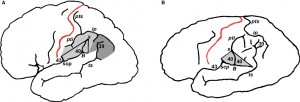 They were smart, but they were wrong.
They were smart, but they were wrong.
Seeing the truth isn’t a gift or a natural product of high IQ. We want to trace down the factors that made Einstein the best at his job but we’re reluctant to quantify the element of randomness (or luck). That’s because control is central to the human psyche.
So let’s say I have two dice. If you can score a six on one die, I’ll give you five bucks. Now, you have a choice: I can roll my die for you, or you can roll your own.
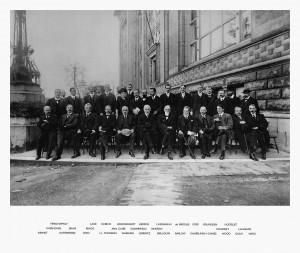 Most people will always choose to roll their own die, even though the odds are statistically identical either way. Everyone likes to feel in control of their destiny.
Most people will always choose to roll their own die, even though the odds are statistically identical either way. Everyone likes to feel in control of their destiny.
If that’s true, then everyone else must be in control of their own destiny, right?
Thus, the smartest people must rise to the top.
Still, there’s so much else in physics beyond the math and the reasoning. It is an innately social field. Yes, it is. People come together for conferences, vie for popularity, struggle to be the leader in a field. You have to please professors, account for their biases in preparing your dissertation topic, write things that have sexy positive results so those papers will find their way into publication. Account for funding, driving one away from pure theory and towards shit one can sell.
Einstein was an outsider. The stories we tell about his social difficulties or lack of common sense are probably apocryphal (which is Latin for bullshit). But he was a misfit, a patent clerk struggling from a position of poverty in a field dominated by privilege. What if the key factor in his success wasn’t his genius at all, but the totally random conditions of his birth? Because he was an outsider, he was not subject to groupthink.
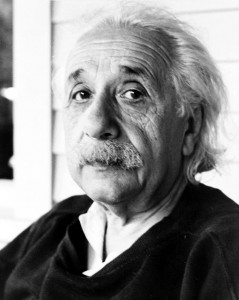 Any number of weird, non IQ related factors could account for this. Including the fact that hundreds of people sat around in the night contemplating the nature of the universe and, eventually, one of them had to be right. We picked out the right one (with empirical observation), crowned him the king of science forever, and lauded him as a genius.
Any number of weird, non IQ related factors could account for this. Including the fact that hundreds of people sat around in the night contemplating the nature of the universe and, eventually, one of them had to be right. We picked out the right one (with empirical observation), crowned him the king of science forever, and lauded him as a genius.
Does this denigrate all the equally smart people whose random conditions and thoughts did not lead them to the right answer?
Well, I suggest meditating on these ideas when very sure of one’s political or religious or social positions.
For aNewDomain, I’m Jason Dias.
Image one: “Albert Einstein (Nobel)” by Unknown – Official 1921 Nobel Prize in Physics photograph. Licensed under Public Domain via Wikimedia Commonsi; image two: “Einstein 1911 Solvay” by Benjamin Couprie – ?This file has been extracted from another file: 1911 Solvay conference.jpg.. Licensed under Public Domain via Wikimedia Commons; image three: “Einstein 1911 Solvay” by Benjamin Couprie – ?This file has been extracted from another file: 1911 Solvay conference.jpg.. Licensed under Public Domain via Wikimedia Commons; image four: ibid; image five: “Solvay conference 1913” by Photograph owned by Institut International de Physique Solvay, Brussels, Belgium – http://www.solvayinstitutes.be/Conseils%20Solvay/Physics%20Pictures.html. Licensed under Public Domain via Wikimedia Commons.

